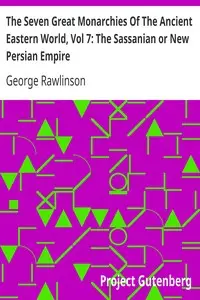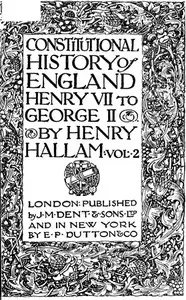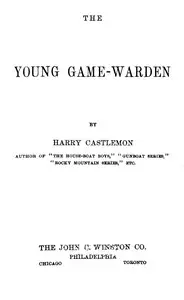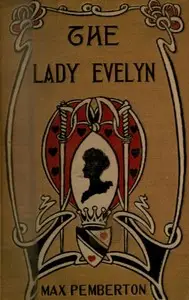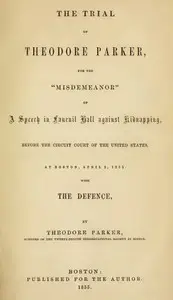"The Impossibilities of Anarchism" by Bernard Shaw is a critical essay published by the Fabian Society in the late 19th century. This work navigates the complexities of anarchist thought, juxtaposing it with socialist ideals. It primarily addresses the practical and philosophical issues inherent in anarchism, particularly the feasibility of achieving a society devoid of state authority while maintaining individual freedoms and productive economic structures. In this thought-provoking essay, Shaw primarily critiques anarchism's reliance on individualism and its underestimation of social and economic influences on human behavior. He argues that an anarchist framework often fails to address essential economic realities, such as competition and resource distribution, which are pivotal in determining the viability of such a system. Shaw suggests that while the ideals of anarchism—liberty and individual choice—are commendable, they overlook the inevitable inequalities and injustices that arise in a non-regulated society. He posits that the transition towards a more equitable society should lean towards democratic socialism, which, unlike anarchism, recognizes the necessity of collective action and authority to ensure fair distribution and social progress. (This is an automatically generated summary.)

The Impossibilities of Anarchism
By Bernard Shaw
"The Impossibilities of Anarchism" by Bernard Shaw is a critical essay published by the Fabian Society in the late 19th century. This work navigates t...
Genres
Released
2014-05-30
Formats
epub (images)
epub
epub3 (images)
mobi (images)
mobi
Free Download
Overview
About the Author
George Bernard Shaw, known at his insistence as Bernard Shaw, was an Irish playwright, critic, polemicist and political activist. His influence on Western theatre, culture and politics extended from the 1880s to his death and beyond. He wrote more than sixty plays, including major works such as Man and Superman (1902), Pygmalion (1913) and Saint Joan (1923). With a range incorporating both contemporary satire and historical allegory, Shaw became the leading dramatist of his generation, and in 1925 was awarded the Nobel Prize in Literature.
Total Reviews
10.0k
Total reviews from Goodreads may change







